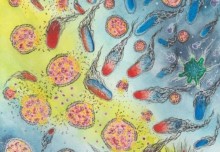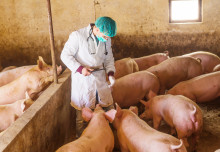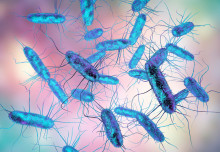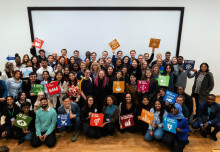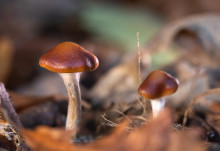

Cleaning up
FreshCheck picks up speed with launch of hygiene testing swab
In addition to launching a new product, the Imperial startup has raised an additional £400,000 and moved into a new lab in the White City Incubator.


 1
1


